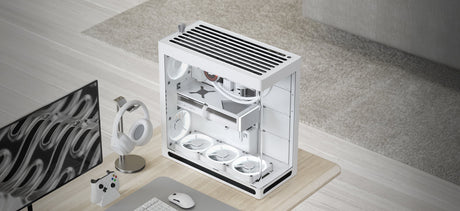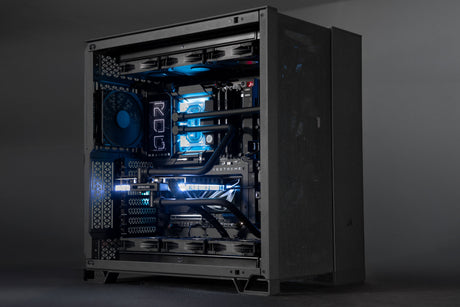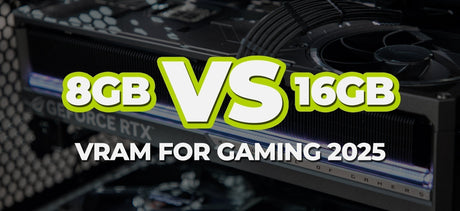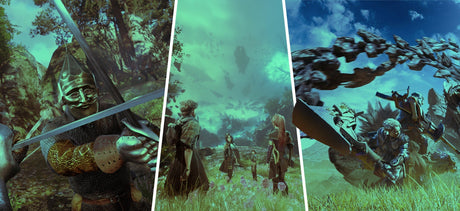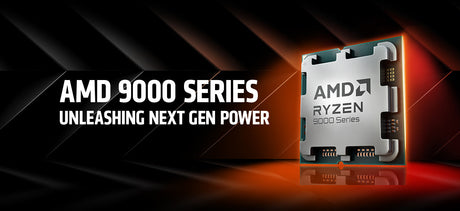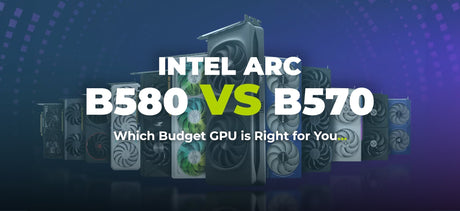As artificial intelligence grows in popularity, you may be wondering how you can partake in the buzzing tech trend. While many of these AI generation tools rely on big tech and complicated servers, one popular AI image creator called Stable Diffusion is allowing "AI artists" to create stunning and fantastical imagery from their home PCs. Stable Diffusion takes advantage of AI inferencing which allows a user to tap into trained AI networks.
The team over at Toms Hardware have benchmarked a handful of consumer graphics cards to see how each fair against each other. At the time of writing, Nvidia GPUs are mopping the floor in performance - however we must disclaim that this could be due to considerable variations in optimization and testing files used for these benchmarks due to how niche AI generation is at this stage. For example, Nvidia's 40 series GPUs are said to have been assisted with a 'healthy boost' in performance only after replacing CUDA DLL files.
 Stable Diffusion GPU Benchmarks - Credit: Tom's Hardware
Stable Diffusion GPU Benchmarks - Credit: Tom's Hardware
As you can see above the RTX 4090 holds the fastest iterations per second by a substantial lead, generating each 512x512 image in just over 3 seconds. Following in second and third are the other 40 series siblings, the RTX 4080 and RTX 4070 Ti. Right on the tail we see the first Radeon GPU being the RX 7900 XTX - it's noted in Tom's Hardware's article that due to the variation in testing and optimization, as users are already 'hacking' their way to better performance with custom DLL fixes. Proper optimizations in the future could see much tighter benchmarks in the future, but for now - Nvidia's 40 series delivers superior performance.
That goes without saying, if you have a Nvidia RTX 30 series or AMD 7900 series powered system at home (or you are planning to purchase one), you are still totally capable of tinkering with Stable Diffusion and other AI inferencing tools - you just may have to expect much slower iteration times for now, but expect things to improve with time as tools are optimized.
 Image credit: Tom's Hardware
Image credit: Tom's Hardware
For a deeper dive into Tom's Hardware's testing methodology and benchmarks, check out their full article here.











